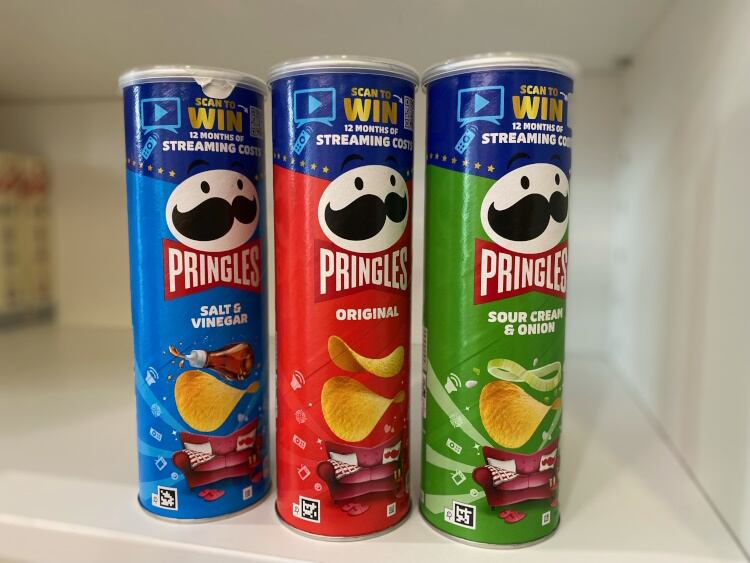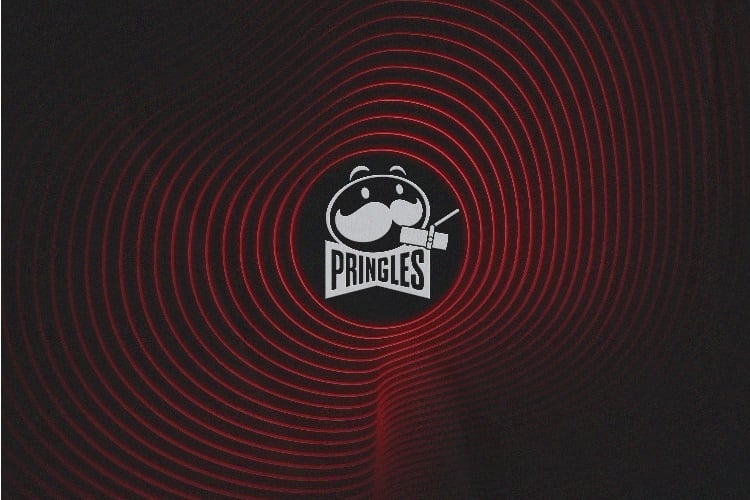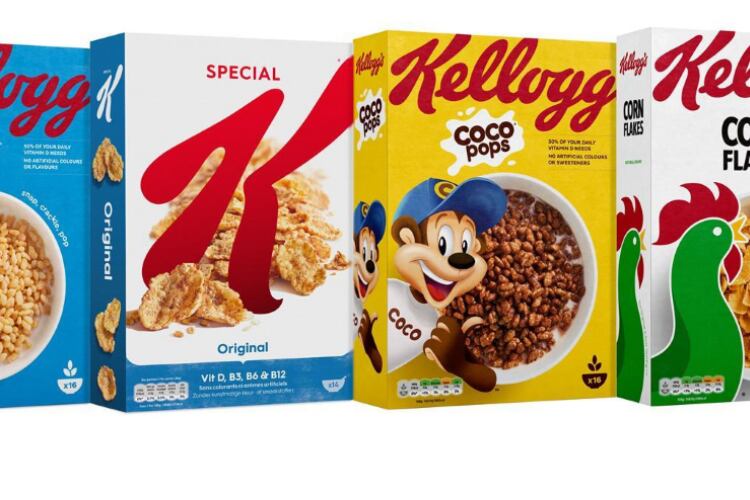The new packaging will allow a shopper with sight loss to use a smartphone to detect the on-pack code and playback labelling information. With almost two million people in the UK with sight loss, that is a substantial chunk of snacker spend the brand is now appealing to.
The move by Kellanova - the new name for the company that owns Pringles and Kellogg’s - follows a world-first pilot to trail NaviLens on Kellogg’s cereal brands in 2020 - appearing on over 750 million cereal boxes.
The idea came after the breakfast cereal giant met with pupils from St Vincent’s, a specialist school in Liverpool for children with sensory impairment, in 2019.
It was the pupil’s insight that inspired Kellogg’s inhouse experts to look for solutions to make its packaging more accessible. Important information, such as allergens, is typically provided in small print, making it impossible for blind or partially sighted people to read.
The solution came in the form of the NaviLens code, which allows smartphones to pick up the on-pack code - from up to three metres distance - when a shopper points their device in the direction of the product. The user does not need to know exactly where the code is located to scan it.
When the phone senses the NaviLens code, it is alerted. From here, the shopper can choose to read the ingredients, allergen and recycling information read using accessibility tools or have it read out aloud.
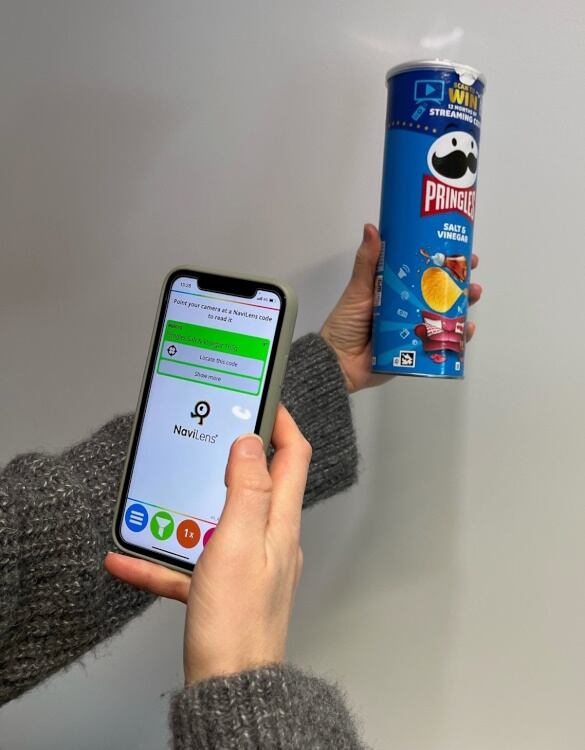
Follow my lead
“Following the success of adding NaviLens to our cereal packaging last year, we are now really pleased to feature this technology on our iconic Pringles cans,” said Kellanova’s design director Pete Matthews.
“This provides equal access to important information on pack and enables blind and partially sighted people to shop independently for their favourite Pringles flavours.”
Numerous companies have since followed Kellogg’s lead, with NaviLens tech now appearing on products by Grupo Bimbo, P&G, Birdseyes, Coca-Cola, El Pozo and Quorn, among others.
“We were the first food company in the world to use NaviLens on packaging and have been delighted to see many global brands follow our lead. It continues our movement for inclusive design and helps fulfil our purpose to ‘create a place at the table for everyone’,” added Matthews.
Same freedom, independence and choice
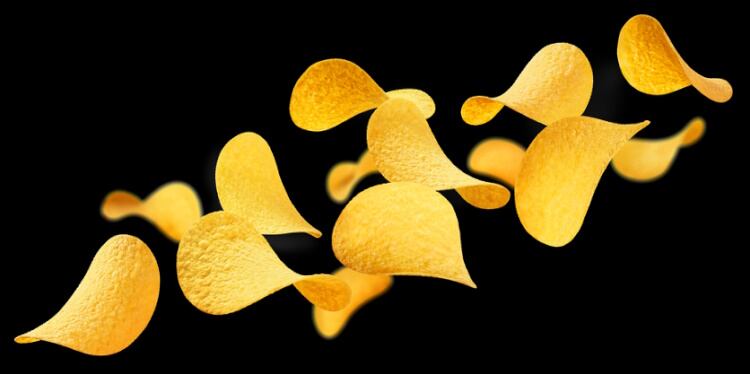
“Blind and partially sighted people should have the same freedom, independence and choice as sighted consumers,” said Marc Powell, head of accessibility innovation for Royal National Institute of Blind People (RNIB).
“Currently, important information on packaging can often be in very small print, making it difficult or impossible for people with sight loss to read.
“Since we collaborated with Kellogg’s back in October 2020 for World Sight Day with our world’s first pilot of NaviLens packaging, we have seen more brands step up to the mark by including accessible solutions on pack.
“It’s brilliant when big brands like Kellogg’s reaffirm their commitment to improving accessibility for blind and partially sighted people and bring about more accessible packaging through the use of NaviLens technology.”
NaviLens will begin appearing on some Pringles varieties from 1 November, with the full rollout to be completed by the end of 2024.


